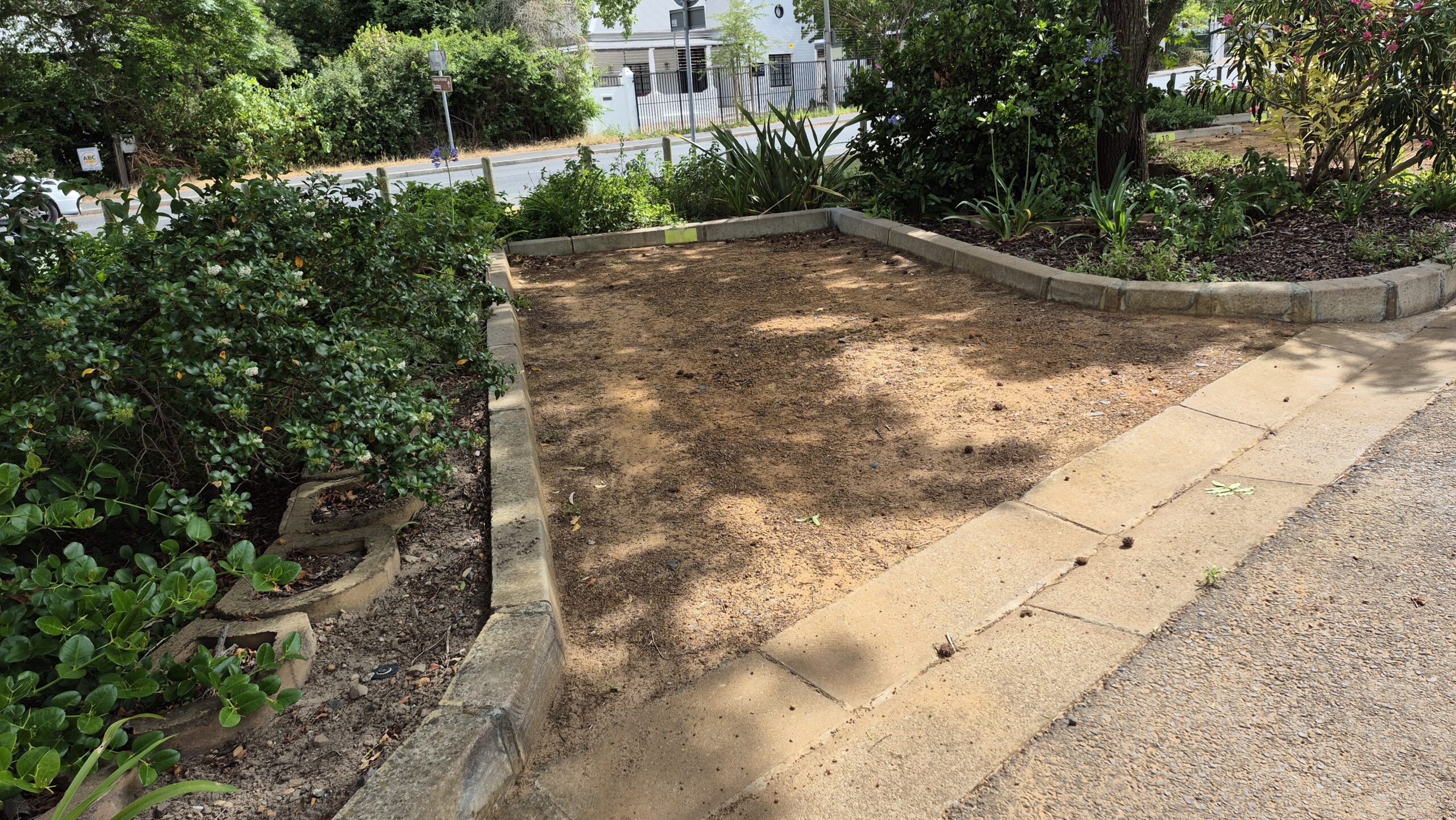Who is the SRC and why does it matter?
BY AURELIA MOUTON AND FLAVIA DAVIDS
As August draws to a close, election season at Stellenbosch University (SU) is in full swing. Newly elected HK members and prims of various residences and private student organisations (PSOs) are being announced, and discourse on caucuses and elections are prevalent within campus communities. As is custom at SU during this time of year, Student Representative Council (SRC) voting notices are flooding students’ email inboxes and the wider campus community is left with the question: “Who are these people and why should I even vote?”
The first digital caucus and election process occurred on Microsoft Teams during last year’s lockdown period, due to the COVID-19 pandemic. According to ElectUS, the SU election governing body, the previous SRC elections boasted a record number of candidates compared to recent years. This year, the caucus takes place on Microsoft Teams once more and covers discussion topics such as environmental sustainability concerns, LGBTQIA+ inclusion, transformation, and many other issues affecting students.
The SRC is key to the functioning of the SU student body, and their primary purpose is to represent and promote student interests during discussions with SU administration, management and executive bodies. These discussions determine many of the final decisions made by SU management. This is particularly important in light of arising debates regarding the COVID-19 pandemic, the Augmented Remote Teaching and Learning Approach (ARTLA), face-to-face classes and examinations, as well as academic affairs issues that occur during online classes. Each SRC portfolio has a clear description and each member’s role is plainly defined on the SRC page on the official SU website.
The role of the SRC is distinctly important when considering recent controversy pertaining to outgoing SRC chairperson, Xola Njengele. Earlier this year, there was an incident during the June/July examinations, which led to student uproar. The reason for this was the Institutional Committee for Business Continuity’s (ICBS) decision to continue with face-to-face examinations, despite rising COVID-19 cases on campus during the third wave. Amidst this uproar, screenshots of Njegele’s WhatsApp status on 15 June, in which he expressed disinterest in engaging with students’ concern over this decision, surfaced on the Instagram meme page, SU Just Kidding.
“I find it ironic that the same person who campaigned for students’ votes had the audacity to publicly say ‘fuck students’ (and not expect it to get out) for expecting [him] to fulfil the role [he was] voted into. The SRC is supposed to be the voice of the students, and if the SRC Chairperson blatantly posts about not caring for student concerns, then it is very clear that there is something wrong,” commented Brynley van Aardt, a third-year BA (International Studies) student.
SRC candidate Zizo Vokwana, a third-year BA (Development and Environment Studies) student, expressed that the student debt problem at SU would not be isolated to the current year. “A storm is coming,” said Vokwana. A general consensus amongst the candidates was that, while assistance programmes such as the RegisterAll campaign and the #Action4Inclusion campaign (headed by SU’s Social Justice Chair, Prof Thuli Madonsela) had achieved great heights during the course of the year, there was still room for the SRC to be proactive in regard to combating financial exclusion at SU.
Each candidate is expected to deliver a speech regarding the relevant topic at hand, exceeding no more than two and a half minutes. Candidates are then subjected to questions from the audience that must be answered with a one-minute response.
As of Wednesday (1 September), the SRC candidates for the coming term are Chris Briel, Takadiwa Chipfumbu, Alysa-Abby Kekana, Ilan Meintjies, Zander Niemand, Jarred Steyn, and Zizo Vokwana. Current SRC members Philip Visage (treasurer), Precious Nhamo (sustainability), Viwe Kobokana (transformation officer), Almé Engelbrecht (branding and marketing) and Unathi Ngumbela (social impact) are all running for re-election.
The topics of the first two caucuses were LGBTQIA+ inclusion and environmental sustainability at SU. Many of the candidates offered similar solutions to ones offered in previous years, highlighting the inability of the SRC candidates to deliver on the promises made during election season.
The third caucus, which was hosted on 25 August and facilitated by Francesca Visage (a postgraduate LLB student), was focused on academic and financial exclusion. During the caucus, the various candidates had to face the immediacy of the student debt problem at SU, which saw 543 students being unable to register at the beginning of the first semester, due to debts carried over from the previous year.
“We have a large demographic at Stellenbosch. It is important for students to vote based on the candidates they believe will represent their values best, and the more students vote, the more representative the council will be of the collective student body,” said Engelbrecht.
Recordings of these caucuses can be found on the SRC Caucus channel on Microsoft Teams. The caucus process will continue over Microsoft Teams until 1 September. Voting opened on 30 August and will remain open until 23:59 on 3 September for students to cast their votes.



